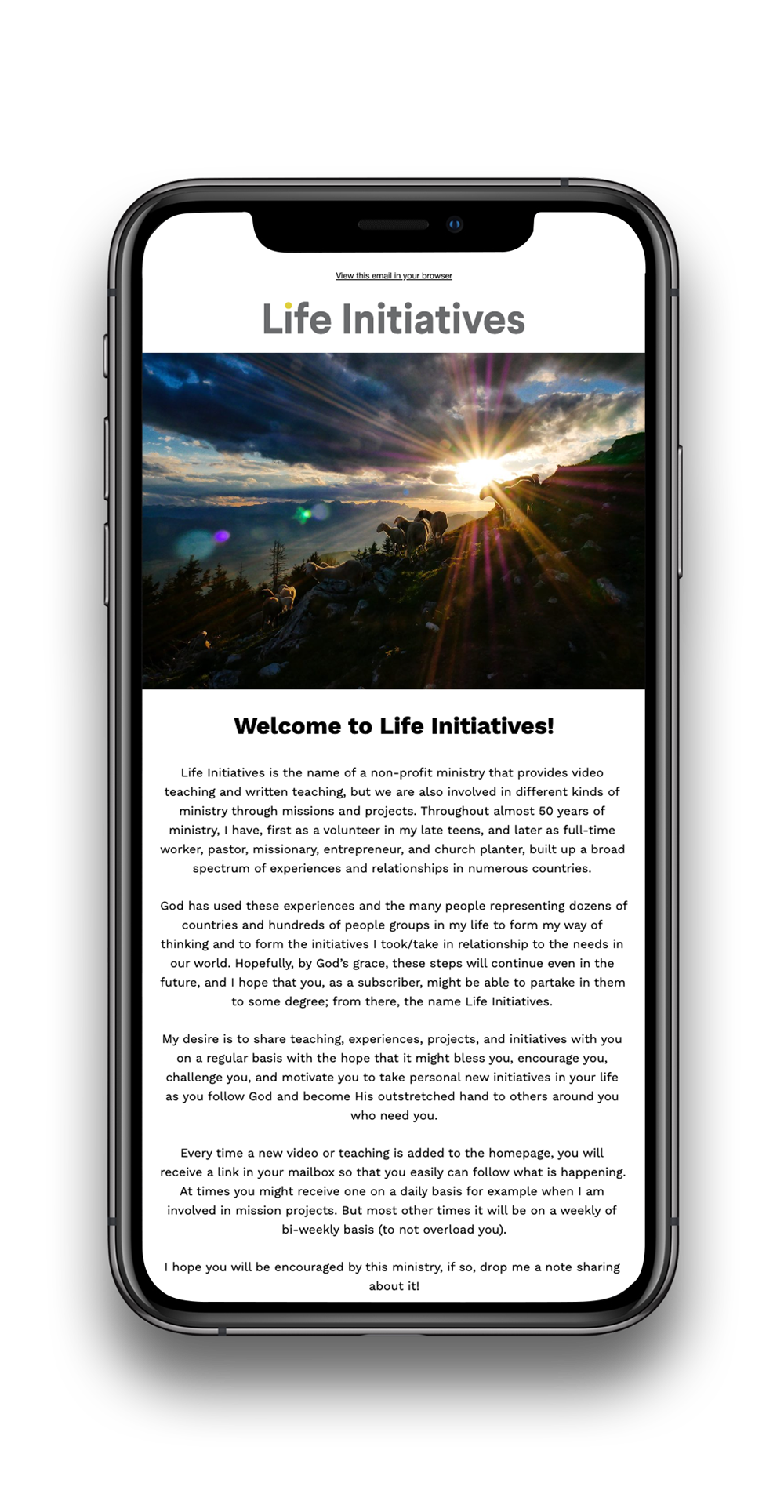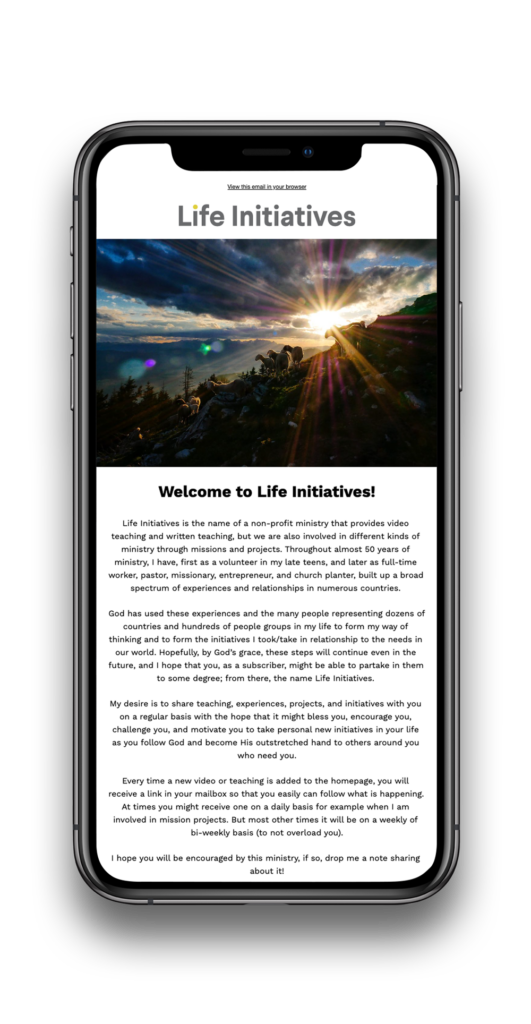1 Corinthians 9:24 “Do you not know that in a race all the runners run, but only one gets the prize? Run in such a way as to get the prize.”
Observation: They lived in the city of the great Isthmian Games which most probably Paul must have seen/experienced during his 18 months stay in Corinth. The Corinthians would have been the first to say that no athlete would have been satisfied with just entering into the race. As far as each runner entered into the game was concerned, “getting the prize” was the only goal in mind. It was everything.
Here is some tension in the text if you have heard my earlier thoughts on this scripture. When Paul links this to our Christian life, he isn’t meaning for us to understand that only one runner in the Christian “race” will win, and that every other Christian who comes in later will be losers.
Rather, he is simply pointing to the kind of seriousness that ought to motivate each individual Christian forward in the walk with Christ. He means for each of us who are in the Christian race to understand that we are to personally run with the same motivation as the athlete who had been entered into the Isthmian Games would have had—and that is, to win the prize. We’re not to run in a half-hearted, uncommitted, take-it-or-leave-it manner. “Run,” he says, “Run in such a way as to get the prize.” (v. 24b).
What is that prize? I really can’t think of anything greater to have happened at the finish-line of the Christian life than to hear the Lord Jesus—the great Author and Finisher of our faith—say, “Well done, good and faithful servant; you were faithful over a few things, I will make you ruler over many things. Enter into the joy of your lord.” Matthew 25:21, 23
Application: Is our faith directed on Christ and on following Him fully? Is He an add-on to our lives, to reach our own ambitions, dreams, objectives, and goals, or is He the core of our being… the only one whom we would like to perform for?
Prayer.
Sign up for life-changing insights, directly to your inbox.

© 2023 All Rights Reserved, Life Initiatives

Sign up for life-changing insights, directly to your inbox.